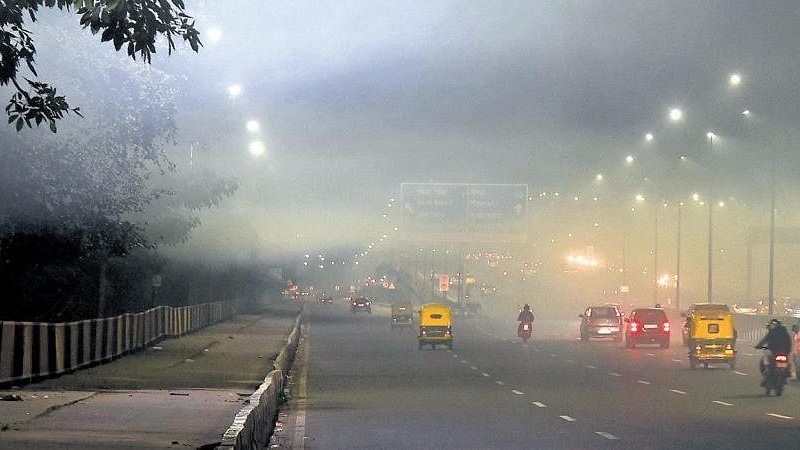The year-long holiday of Diwali brings with it a festive spirit, cuisines, and presents, but it also brings air pollution, particularly in Delhi. The poisonous smoke created by firecrackers and the burning of stubble contribute to the national capital’s deteriorating air quality. Diseases and illnesses arise as a result of this. Because of the high amounts of pollutants in the air, there are several precautions you should take to avoid being unwell.
1. Wear Mask
Given the COVID-19 epidemic and the rapidly deteriorating air quality index, it is recommended that you put on a mask before going outside. But not just any mask will do; you’ll need one that can filter out all of the dust particles in the air you breathe. Choose from a variety of surgical masks.
2. Avoid morning walks
One of the finest methods to stay fit is to go for morning walks and do exercises in the park. The early air, on the other hand, will only hurt the body, particularly the lungs, if the air quality reaches the “Severe & Emergency” level. It can also wreak havoc on your immune system. As a result, avoid taking morning walks or doing cardiac workouts outside.
3. Eat healthy food
The pandemic has taught us the value of a healthy diet. It can also protect people from the negative consequences of excessive air pollution by improving their immunity. Detoxification and immunity are aided by a diet rich in minerals and foods with anti-inflammatory properties.
4. House plants
Plants purify the air naturally. Air pollution will be kept out of your home with the help of indoor plants. Aloe vera, Spider Plants, Bamboo Palm, Warneck Dracaena, Chinese evergreen (Aglaonema), and Golden Pothos are among the best plants for purifying the air within the home. Furthermore, most of these plants do not require direct sunshine and can reach a height of 12 feet when grown at room temperature.
5. Avoid rickshaw
Traveling in open vehicles such as two-wheelers and auto-rickshaws is not recommended. Prefer enclosed modes of transportation such as subway, buses, and vehicles, or carpooling.
6. Avoid smoking indoors
It is advised that you stop smoking in an ideal situation. It affects not only smokers but also others who are close to them. As a result, smoking is severely prohibited indoors. Because indoor air pollution is one of the leading causes of respiratory disease, cigarette smoke accumulates inside your home, causing allergies.
7. Get an air purifier
Even if you have indoor plants, investing in an air purifier is a good idea. Keeping an air purifier at home would be a preventive measure if you have babies or small children. Because newborns and small children have a weakened immune system, they are more susceptible to infection or allergies. As per news18.


